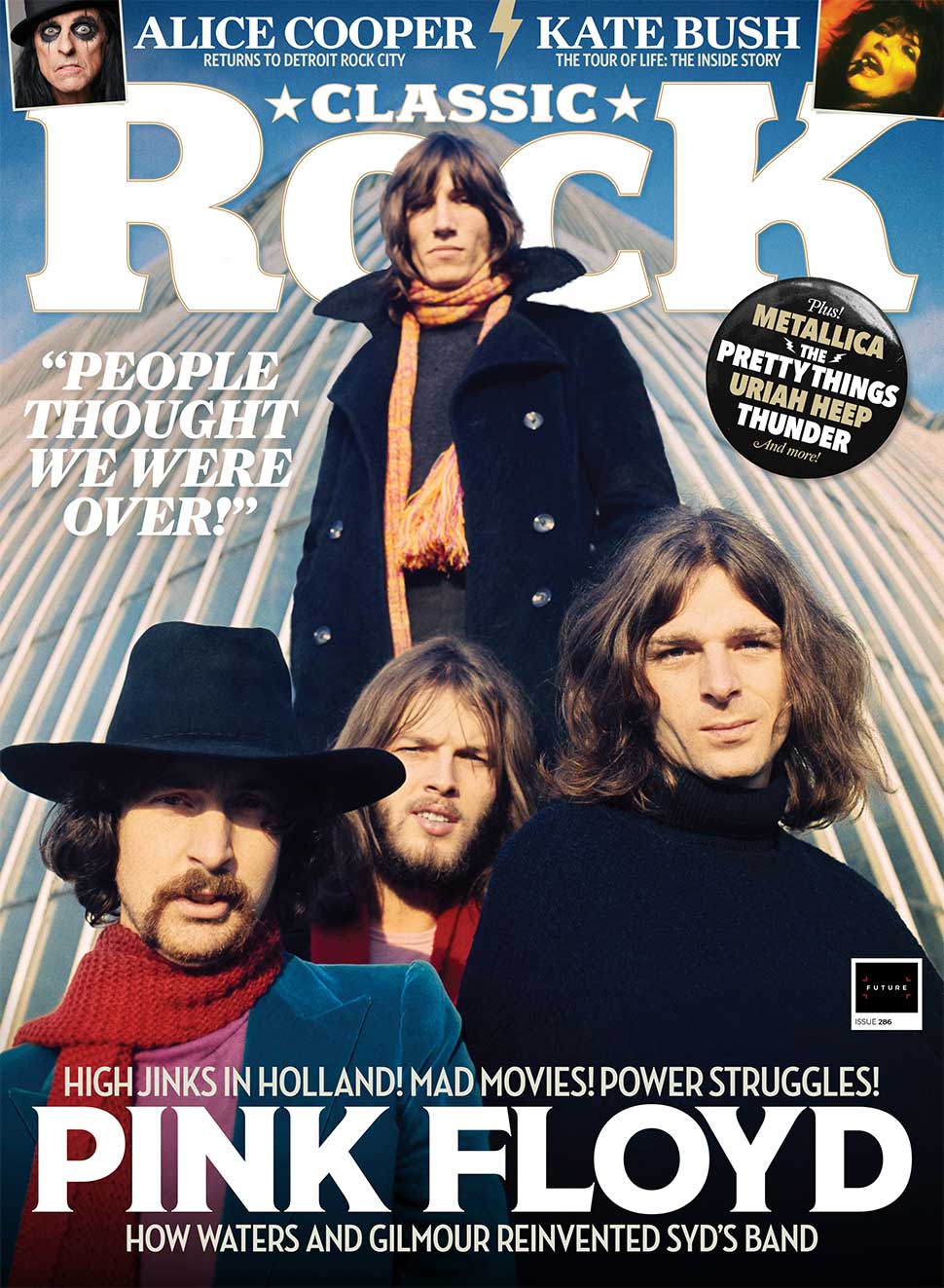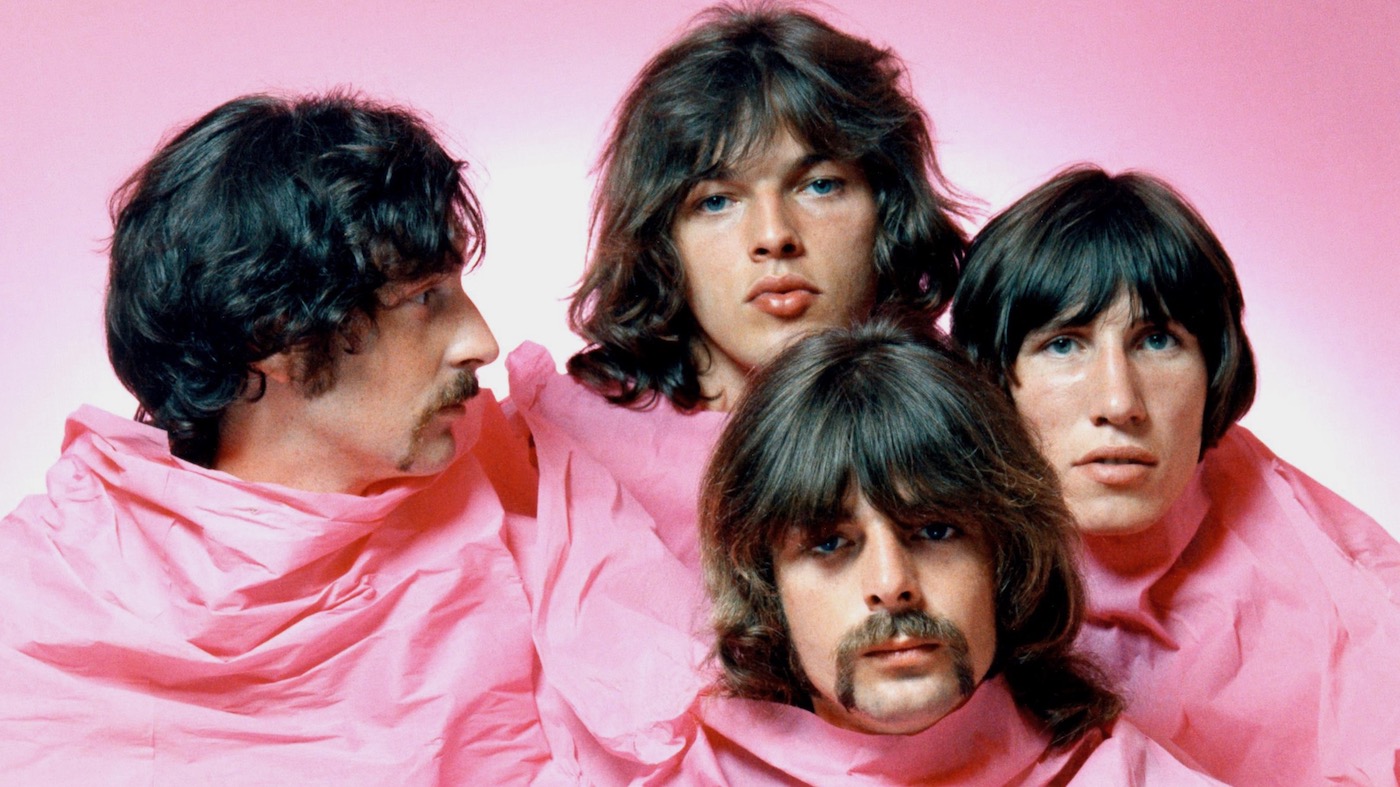On January 26, 1968, Pink Floyd opted to play a gig at Southampton University without their frontman.
Owing to a combination of then-undiagnosed mental health issues and his fondness for hallucinogenic drugs, Syd Barrett’s behaviour had become increasingly erratic, unpredictable and problematic, to the extent that Roger Waters, Nick Mason and Rick Wright had decided to expand their group’s line-up with the addition of a second guitarist, David Gilmour, in the hope that he might compensate for Barrett’s instability.
“We had this idea we’d be a five-piece,” says drummer Mason. “David would do the heavy lifting, and Syd would stay at home and write songs.”
The new-look five-piece Pink Floyd made their live debut on January 12, 1968, with a performance at the University of Aston in Birmingham, and played together on at least three further occasions that month. But problems persisted. One former roadie recalled a gig where a disorientated Barrett stood so close to Gilmour that their noses were almost touching: “Syd then started walking around, almost checking if he was a three-dimensional object.”
David Gilmour insists that he can’t recall which band member suggested not collecting Barrett ahead of the group’s January 26 booking in Southampton, but the decision would have profound consequences. On April 6, Barrett’s exit from Pink Floyd was officially announced.
The release of a new single, It Would Be So Nice, with Rick Wright on lead vocals, on the week after Barrett’s departure, was intended to herald a bright new beginning for the reconfigured Floyd. But where the band’s first two singles, Arnold Layne and See Emily Play, both written by Barrett, were UK chart hits, peaking at number 20 and number 6 respectively, single number three bombed, failing to trouble the top 75. Rogers Waters would laster dismiss the Kinks-esque pop ditty as “complete trash”, but this wasn’t the bold new dawn anyone had anticipated for the group.
There was no time, fortunately, to dwell on this failure, for the group had a booking at Abbey Road studios to complete the second album they’d started with Barrett. When it emerged on June 28, A Saucerful Of Secrets, bore only one trace of their formerly talismanic frontman, closing track Jugband Blues, with Roger Waters stepping up as the quartet’s main songwriter.
With the album racked in record shops for a single day, Floyd’s decision to premiere it at a festival in London’s Hyde Park on June 29 was a bold one, even if the event, the Midsummer High Weekend, was free to enter. Headlining above Tyrannosaurus Rex, Jethro Tull and Ray Harper, Floyd elected to play only one Syd Barrett-era song, the thrilling Interstellar Overdrive from The Piper At The Gates Of Dawn, but received warm applause for expanded previews of Let There Be More Light, Set The Controls For The Heart Of The Sun and their new album’s multi-part title track. Two weeks later, on July 13, A Saucerful Of Secrets peaked at number 9 on the UK charts, making a mockery of predictions of the band’s demise without Barrett. It’s fair to say that this triumph was a relief as much as anything.
“After Syd left,” Nick Mason tells Classic Rock, “a lot of people thought we were over. Hyde Park made us feel like we still relevant, still part of something.”
For the full story of Pink Floy’s post-Syd Barrett, pre-The Dark Side Of The Moon career, pick up the new issue of Classic Rock magazine, which is on-sale now.


